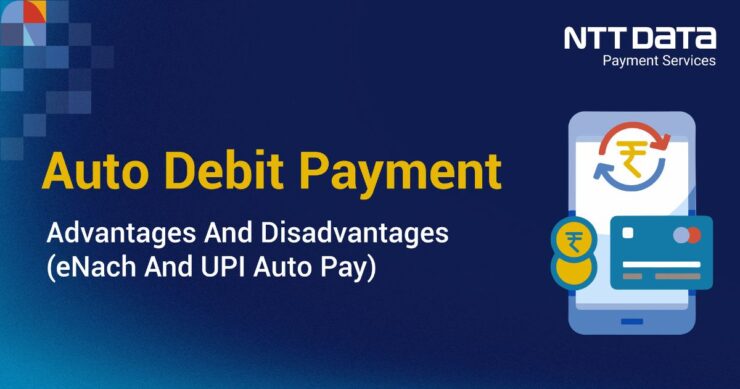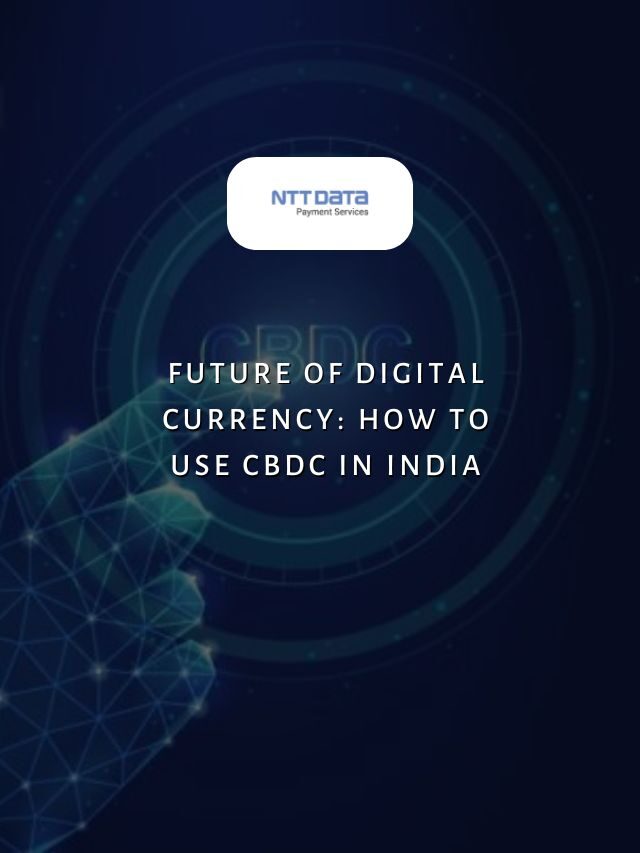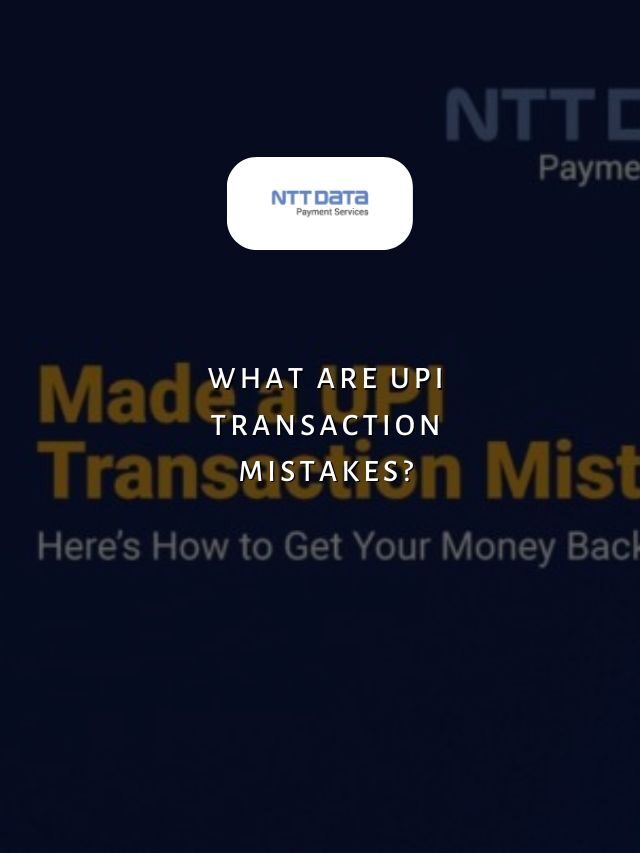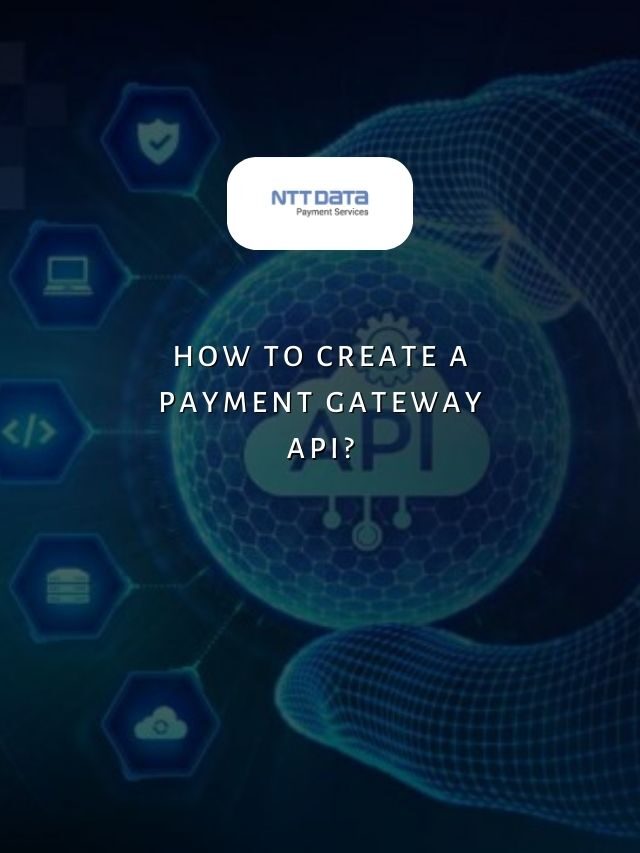
Table of Contents [show]
With the rapid digitisation of payments in India, auto debit payments have become a popular option for recurring payments like utility bills, EMIs, subscriptions, etc. In this blog, we will explore the advantages and disadvantages of auto debit payments.
Overview on Auto Debit Payment
Auto debit allows customers to set up standing instructions with merchants to automatically debit payments from their bank accounts on due dates. This ensures payments are made on time without any hassles.
The two most popular auto debit payment options available in India currently are
- National Automated Clearing House (NACH)
- Unified Payments Interface (UPI).
What are auto debit payments?
Auto debit payments, also known as autopay or recurring payments, refer to payments that are automatically deducted from a customer’s bank account on a predefined schedule. With auto debit payment, customers do not need to remember due dates and make payments manually.
What is eNach?
eNach or Electronic National Automated Clearing House, is an auto debit payment system facilitated by NPCI or National Payments Corporation of India. It is mainly used to collect recurring bill payments like electricity, telephone, loan EMIs, insurance premiums, etc.
What is UPI Auto Pay?
UPI Auto Pay is the auto debit payment feature available on the UPI or Unified Payments Interface platform. It allows customers to set recurring payments to merchants directly from their UPI-linked bank account.
Recent Web Stories
Difference between eNach & UPI Auto Pay
The key differences between the two popular auto debit payment methods are:
| Parameter | eNach | UPI Auto Pay |
| Full Form | Electronic National Automated Clearing House | Unified Payments Interface AutoPay |
| Operated By | National Payments Corporation of India (NPCI) | National Payments Corporation of India (NPCI) |
| Payment Mode | Debit to bank account | Debit to bank account |
| Mandate | One time mandate for recurring payments | No mandate is required, one-time approval for each transaction |
| Limit per Transaction | No limit | Up to Rs. 5,000 per transaction |
| Limit per Day | No limit | Aggregate limit of Rs. 20,000 per day |
| Convenience | Requires registration and mandate setup | No registration or mandate is required, one-click approval |
| Applicable For | Recurring payments like utility bills, EMI payments | One-time or recurring payments like utility bills, subscriptions, EMI payments |
| Supported Banks | All banks | Most banks |
| Refunds | Need Manual Intervention | Easier & faster |
| Digital Experience | Relies on physical processes | Seamless digital experience |
Advantages of Autopay
- Convenience – No more worrying about due dates and making manual payments regularly. Payments are processed automatically.
- Time-saving – Saves time spent on making recurring payments manually every month.
- Avoid late fees – Ensures on-time payments and avoids late payment fees and penalties.
- Improved cash flow management – Payments are spread evenly throughout the month or year.
- Easy dispute management – Transactions and payment details are recorded digitally, making disputes easier to resolve.
Disadvantages of Autopay
- Lack of control – Cannot stop a payment at the last moment if funds are insufficient in the account.
- Risk of fraud – There is a risk of funds getting debited without customer consent in case of security issues.
- Mistakes cannot be undone – Once auto debit payment is processed, it cannot be reversed, unlike manual payments.
- Need to update bank details – If the card or account is replaced, auto debit details need to be changed with merchants.
- Difficulties in cancelling – The process of cancelling auto debit payments with merchants can be tedious in some cases.
Access Seamless Online Payments with NTT DATA Payment Services
NTT DATA Payment Services provides merchants with a secure, scalable and reliable platform to facilitate all types of digital payments, including recurring/auto-debit payments.
NTT DATA Payment Services offers a complete payment solution to advance both your offline and online businesses from,
- Online Payment Gateway in India
- POS machines
- IVR payments
- Mobile applications, and
- Bharat QR Scan and Pay
We ensure maximum comfort, convenience, and safety for all your payments.
The Future of Auto Debit Payment
Auto debit payment has become extremely popular in India due to the convenience it offers in making recurring payments without manual intervention. While NACH is widely used currently, UPI AutoPay is emerging as a better alternative due to its instant activation, seamless experience and real-time updates.
As digitisation increases further, more and more merchants are expected to integrate UPI AutoPay, making it the preferred mode for recurring auto debit payments going forward. Proper evaluation of features and risks is important while opting for any auto debit payment method.
| Also, you can get frequent updates on nttdatapayments Instagram page. |
Auto Debit Payment: FAQs
1. What are auto debit payments?
Auto debit payments refer to recurring payments that are automatically deducted from a customer’s bank account on a predefined schedule without any manual intervention.
2. What is eNach?
eNach or Electronic National Automated Clearing House, is an auto debit payment system facilitated by NPCI used mainly for collecting recurring bill payments like utility bills, loans, etc.
3. What is UPI AutoPay?
UPI AutoPay allows customers to set recurring payments directly from their UPI-linked bank account in a seamless digital experience without any registration or mandate.
4. What are the advantages of autopay?
Autopay offers convenience, saves time, avoids late fees, improves cash flow management and makes dispute management easier.
5. What are the disadvantages of autopay?
Autopay lacks control, has fraud risks, mistakes cannot be undone, bank details need updating, and cancelling can be tedious in some cases.







